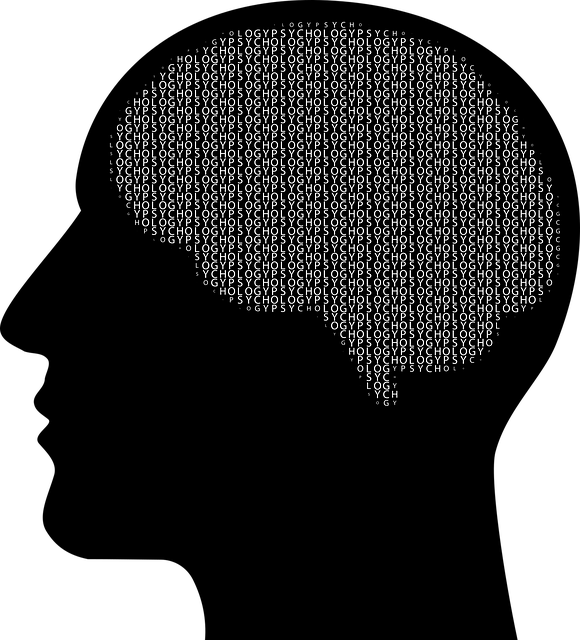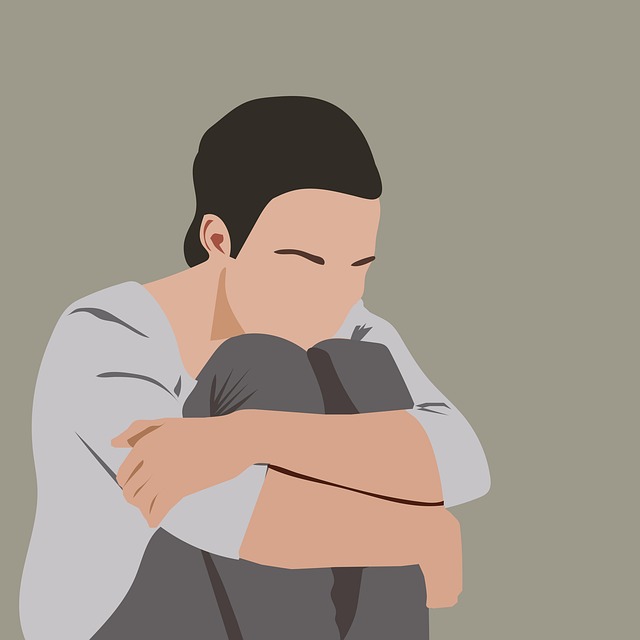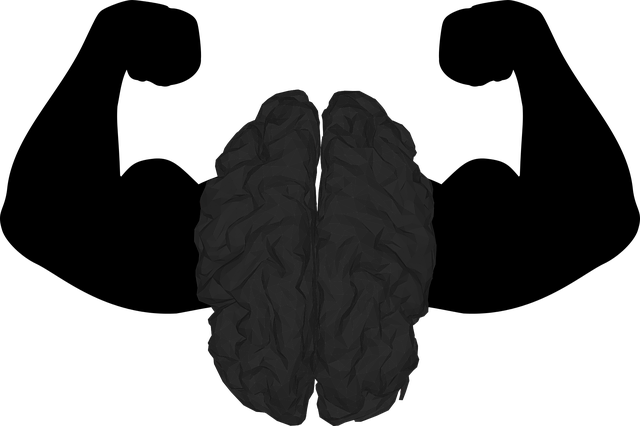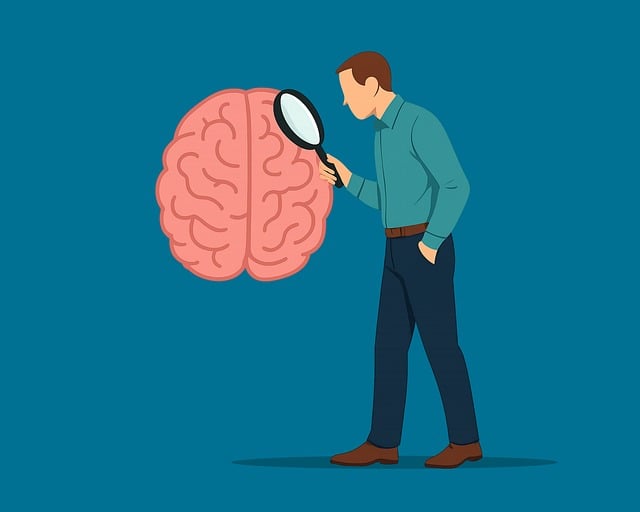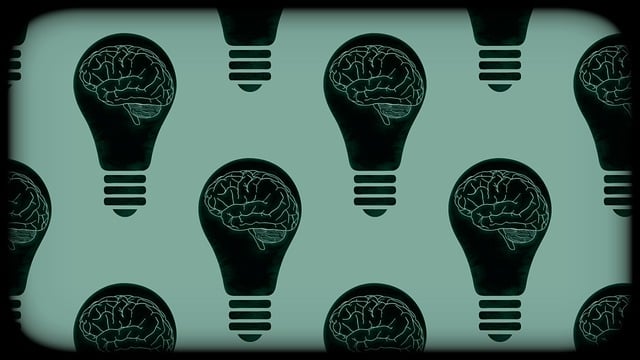Lakewood Developmental Disability Therapy provides specialized treatment for anxiety disorders, addressing social anxiety, panic attacks, and generalized anxiety. Through evidence-based therapy focusing on Mind Over Matter, self-care practices, and trauma support, they empower individuals to manage symptoms and reclaim their lives. Using cognitive behavioral therapy (CBT), lifestyle changes, and alternative relaxation techniques tailored to each person's unique journey, Lakewood Developmental Disability Therapy promotes mental well-being and reduces anxiety levels for improved quality of life.
Anxiety is a common challenge that can significantly impact daily life, but effective management techniques exist to help individuals regain control. This article explores comprehensive strategies for navigating anxiety, tailored for those seeking support in Lakewood, including developmental disability therapy approaches. We delve into understanding the root causes and patterns of anxiety, offering insights on lifestyle changes and evidence-based practices like Cognitive Behavioral Therapy (CBT). Additionally, alternative relaxation techniques are highlighted to empower individuals in their journey towards better mental well-being.
- Understanding Anxiety and Its Impact on Daily Life
- Identifying Triggers and Patterns in Anxiety Episodes
- Lifestyle Changes for Better Mental Well-being
- Cognitive Behavioral Therapy (CBT): A Powerful Tool for Management
- Alternative Relaxation Techniques to Reduce Anxiety Symptoms
Understanding Anxiety and Its Impact on Daily Life

Anxiety is a natural response to stress, but when it becomes persistent and overwhelming, it can significantly impact daily functioning. At Lakewood Developmental Disability Therapy, we recognize that anxiety disorders are common and treatable. Understanding anxiety involves recognizing its various manifestations—from social anxiety and panic attacks to generalized anxiety disorder and specific phobias. This widespread condition can disrupt individuals’ ability to engage in everyday activities, affecting work, school, relationships, and overall quality of life.
The impact of anxiety is profound, causing physical symptoms like increased heart rate, rapid breathing, and insomnia, as well as cognitive distortions that feed into a cycle of worry and fear. Our therapy services focus on empowering individuals to manage these challenges using evidence-based Mind Over Matter principles and effective Self-Care Practices. We also offer Trauma Support Services tailored to address the root causes of anxiety, ensuring personalized care for each unique journey towards recovery.
Identifying Triggers and Patterns in Anxiety Episodes

Recognizing triggers and patterns is a vital step in managing anxiety, as it allows individuals to gain insight into their mental health landscape. Through careful observation, one can identify specific situations, thoughts, or behaviors that consistently evoke anxious responses. For instance, certain environments like crowded places or loud noises might trigger anxiety attacks. Recognizing these patterns enables individuals to develop personalized strategies for coping with anxiety.
At Lakewood Developmental Disability Therapy, we emphasize the importance of understanding individual triggers. Our compassionate therapists guide clients in exploring their unique experiences and emotions during anxiety episodes. By practicing mindfulness and keeping a journal, one can identify recurring themes and develop effective countermeasures. Incorporating compassion cultivation practices and stress reduction methods, such as deep breathing exercises or meditation, further empowers individuals to navigate anxious moments with resilience.
Lifestyle Changes for Better Mental Well-being

Making lifestyle changes can significantly enhance mental well-being and effectively manage anxiety. At Lakewood Developmental Disability Therapy, we advocate for a holistic approach that includes regular exercise, a balanced diet, and adequate sleep as cornerstones for improving mental health. Physical activity releases endorphins, which act as natural mood lifters, while a nutritious diet supports brain function and overall stability. Adequate rest is crucial for emotional resilience, allowing the mind to process and integrate experiences, thereby reducing anxiety levels.
Additionally, integrating Mental Health Education Programs Design into daily routines can empower individuals with strategies to manage stress. Community Outreach Program Implementation plays a vital role in fostering connections and providing support networks, which are essential for emotional intelligence development. By embracing these lifestyle shifts and leveraging available resources, one can navigate life’s challenges with greater equanimity, leading to improved mental well-being and reduced anxiety.
Cognitive Behavioral Therapy (CBT): A Powerful Tool for Management

Cognitive Behavioral Therapy (CBT) has established itself as a powerful tool in anxiety management, offering individuals effective strategies to confront and overcome their fears. This therapeutic approach, often utilized by professionals at Lakewood Developmental Disability Therapy, focuses on identifying and changing negative thought patterns and behaviors that contribute to anxiety disorders. CBT encourages clients to challenge distorted thinking and replace it with more realistic and positive thoughts, effectively reducing symptoms of anxiety over time.
Through structured sessions, CBT enables individuals to develop coping skills, enhancing their ability to navigate stressful situations. This includes techniques for relaxation, problem-solving, and improving social skills, all of which are vital aspects of managing anxiety. By addressing the underlying causes and providing practical tools, CBT empowers people to take control of their mental health, fostering greater resilience and a improved quality of life, even in the face of challenging conditions that may be addressed through Mental Health Policy Analysis and Advocacy.
Alternative Relaxation Techniques to Reduce Anxiety Symptoms

Anxiety management goes beyond traditional methods, and exploring alternative relaxation techniques can be a game-changer for individuals seeking relief. At Lakewood Developmental Disability Therapy, we recognize that everyone’s experience with anxiety is unique, and tailoring treatments to individual needs is key. Beyond deep breathing and progressive muscle relaxation, there are numerous creative approaches to calming the mind and body. For instance, mindfulness meditation focuses on staying present, allowing thoughts to come and go without judgment, which can effectively reduce anxious thoughts and feelings.
Additionally, engaging in activities that foster social interaction and cultural sensitivity in mental healthcare practice can be powerful tools. Social skills training, for example, teaches individuals effective communication strategies, helping them build confidence in social settings. These techniques not only enhance overall well-being but also provide a sense of community and belonging, further reducing anxiety symptoms. Incorporating stress reduction methods, such as yoga or tai chi, has been shown to lower cortisol levels and promote a deeper state of calm, making them valuable alternatives for managing anxiety disorders.
Anxiety management is a multifaceted approach, and by combining understanding, self-awareness, and various techniques, individuals can effectively navigate their anxious moments. From recognizing triggers to adopting lifestyle changes and exploring therapeutic methods like CBT, there’s a tailored path to better mental well-being. For those in Lakewood seeking support, developmental disability therapy services offer specialized guidance, ensuring that managing anxiety becomes a manageable journey towards a calmer, more balanced life.

